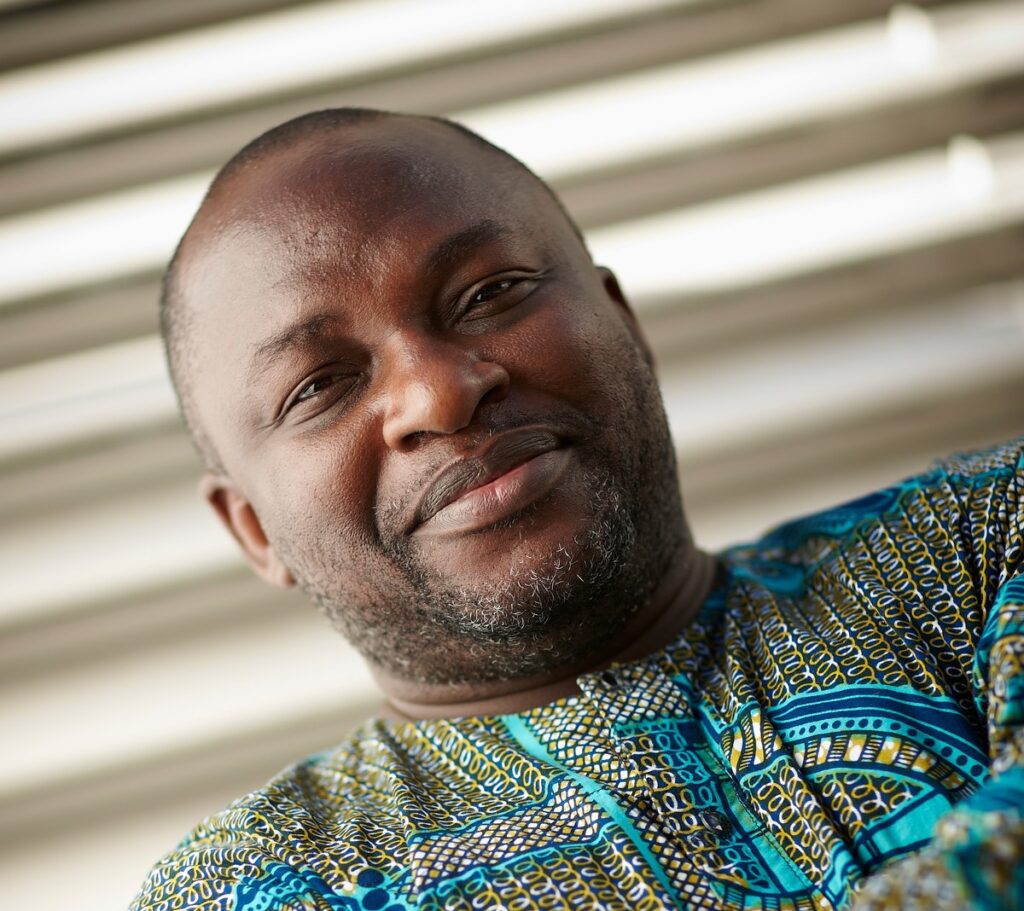Our Reporter, New York
New York Times bestselling author and Professor of Creative Writing at the University of Florida, Uwem Akpan, has described the ill-fated Biafra Republic declared by Col. Odumegwu Ojukwu in 1967 as the greatest evil that has beset minorities of the Niger Delta.
Col. Ojukwu announced the secession of the defunct Eastern Region, now South-East and South-South, from Nigeria on May 30, 1967, following a period of acute political turmoil, bloody coups, and violent riots across the country. Many indigenes of the Eastern Region were killed in riots across the Northern Region which forced Col. Ojukwu to declare the Republic of Biafra ostensibly to safeguard the East and its residents.
Prof. Uwem argued, during an interview with Rudolf Okonkwo in 90MinutesAfrica, that the Biafra narrative shaped by most Igbo writers over time is one-sided because it painted the Igbos as innocent victims of the civil war.
He insisted that the minorities were the biggest victims of the crisis as they suffered the brunt from both Nigeria and Biafra. In the riots that engulfed the North, “at least a third of those killed were minorities. No one tells that story. It is always the Igbos were killed in the North. The question now is: if both the Igbos and minorities were killed in the North, why were they not able to come back and form Biafra together? This is simply because even before the genocide in the North, the Igbos and the minorities were never together. Though they were all in the Eastern Region, the minorities always feel cheated,” Prof. Uwem reiterated.
The award-winning author further stated that “the minorities did not want Biafra. The Igbos under Ojukwu went out of their way to block the creation of minority states. They imposed Biafra on minorities. The Igbos were thus engaged in two wars – fighting against big-time Nigeria and fighting against small-time minorities. The minorities were massacred by the Biafrans. A place in Sagbama in Ijaw land even has a festival celebrating the fact that they survived Biafra, and there are few other places like that in minority lands.”
When the interviewer drew the attention of Prof. Uwem to the fact that some minorities supported the Biafra Republic, he acknowledged that there will always be individuals within the “colonized” who accept and are part of any “colonization project.”
“Today, almost all Igbos say they want Biafra but have you heard the minorities say they want Biafra? You can mention individuals in the minority who would support Biafra, but there is no groundswell of support like you have in Igboland. The minorities have not forgotten how they were massacred in Biafra.
“The Western press did not cover the minority villages. In any case, there was some sort of understanding that if the Western press exposed what the Biafran soldiers were doing, Biafra would lose the little support it had,” he said.
“In researching for my book, I spoke to a lot of former Biafran soldiers, and they spoke about what they were told to do in minority lands. It was a mess. Biafra was a terrorist state, especially in minority land,” the author of the novel “New York, My Village” emphasized.

